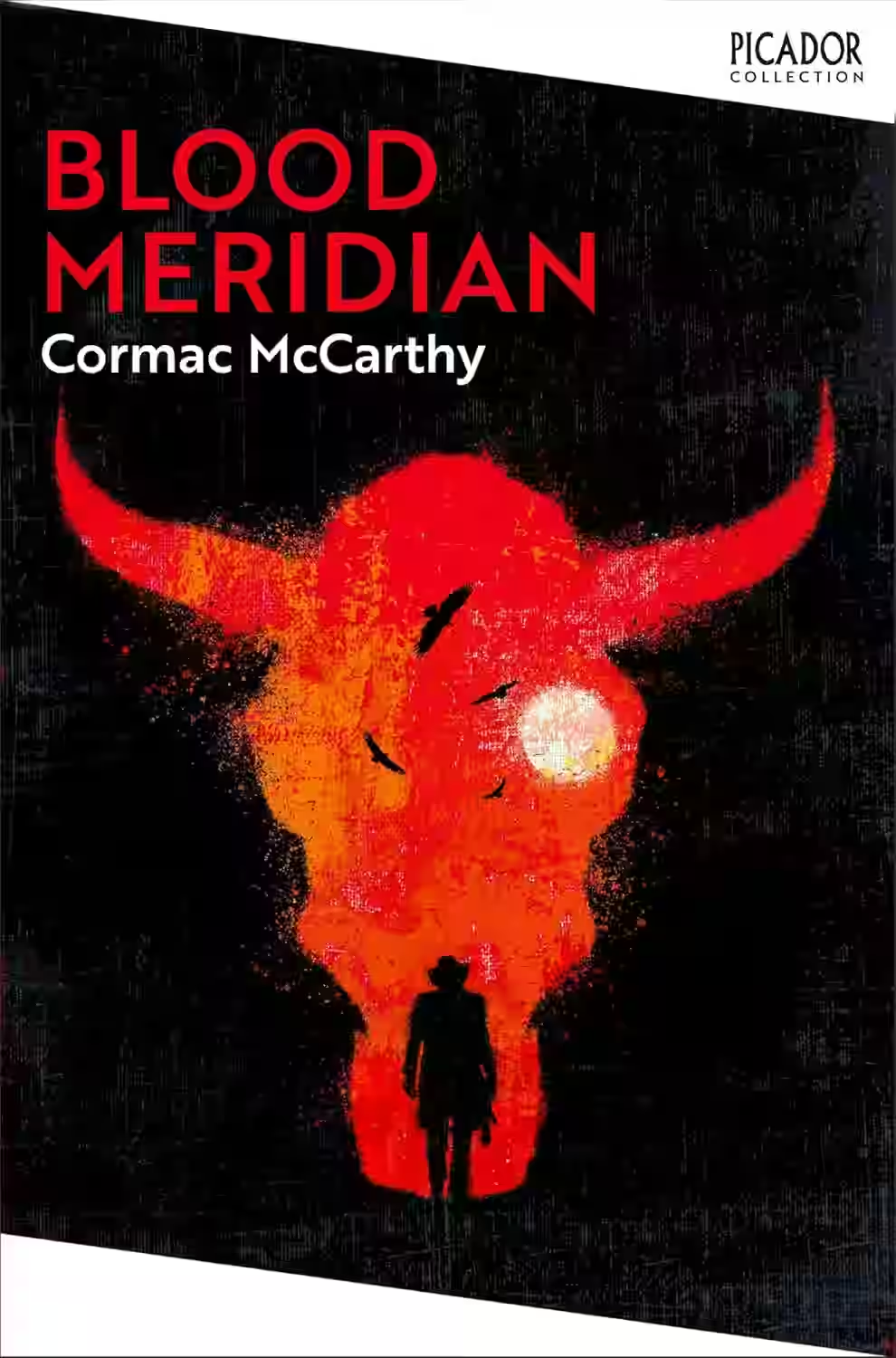
Blood Meridian is an epic novel of the violence and depravity that attended America's westward expansion, brilliantly subverting the conventions of the Western novel and the mythology of the Wild West. Based on historical events that took place on the Texas-Mexico border in the 1850s, it traces the fortunes of the Kid, a fourteen-year-old Tennesseean who stumbles into a nightmarish world where Indians are being murdered and the market for their scalps is thriving.
About Cormac McCarthy
An American author known for his stark and powerful prose, often exploring themes of violence, survival, and the human condition in bleak and unforgiving landscapes. Novels like The Road and No Country for Old Men are characterized by their sparse dialogue, unflinching realism, and profound meditations on morality and mortality. McCarthy's distinctive style and intense narratives have established him as a significant figure in contemporary American literature.
Other Books by Cormac McCarthy
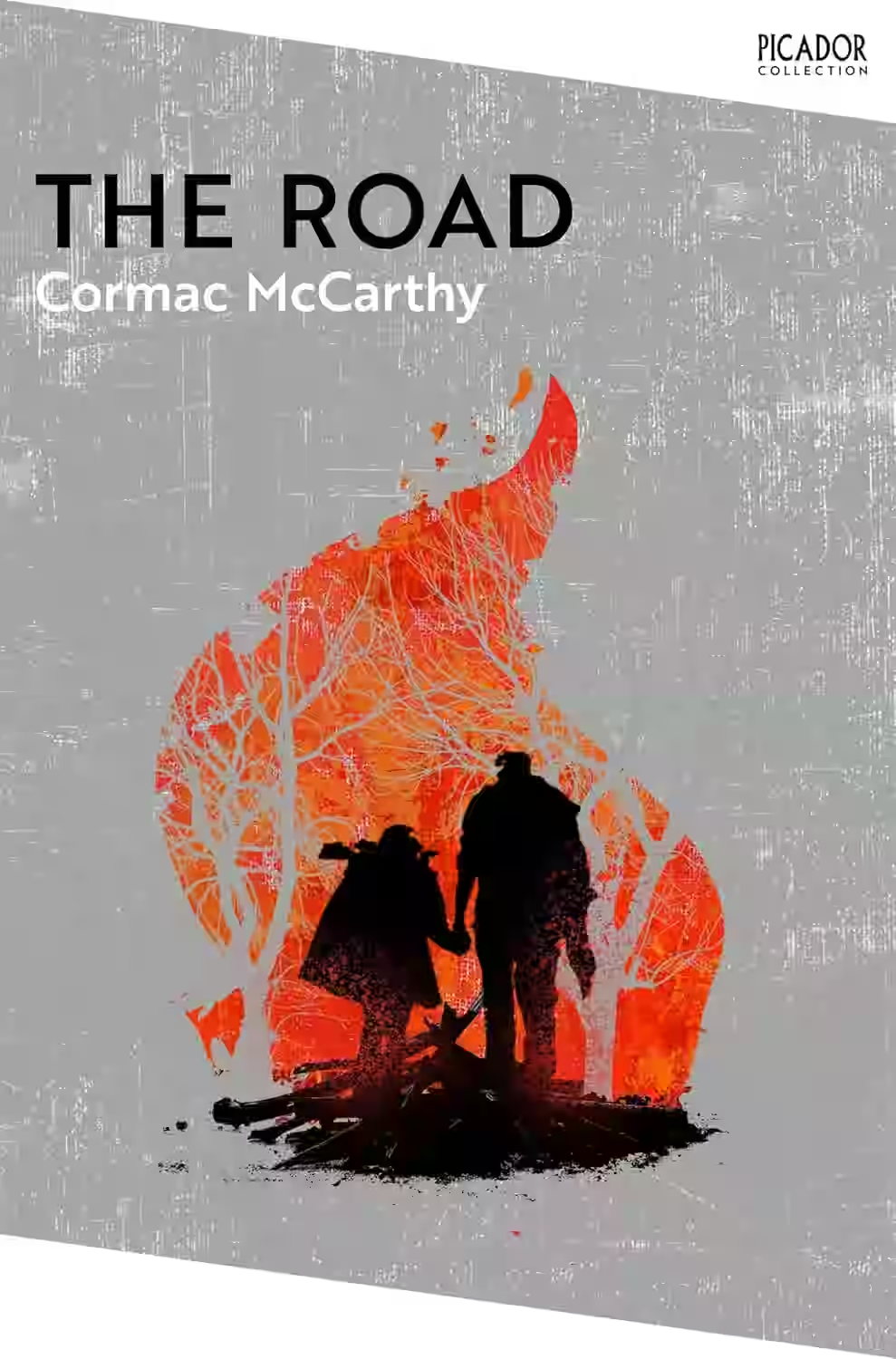
The Road
In a burned-out America, a father and his young son walk under a darkened sky, heading slowly for the coast. They have no idea what, if anything, awaits them there. The landscape is destroyed, nothing moves save the ash on the wind and cruel, lawless men stalk the roadside, lying in wait. Attempting to survive in this brave new world, the young boy and his protector have nothing but a pistol to defend themselves. They must keep walking. Winner of the Pulitzer Prize for Fiction, The Road is an incandescent novel, the story of a remarkable and profoundly moving journey. In this unflinching study of the best and worst of humankind, Cormac McCarthy boldly divines a future without hope, but one in which, miraculously, this young family finds tenderness. An exemplar of post-apocalyptic writing, The Road is a true modern classic, a masterful, moving and increasingly prescient novel.
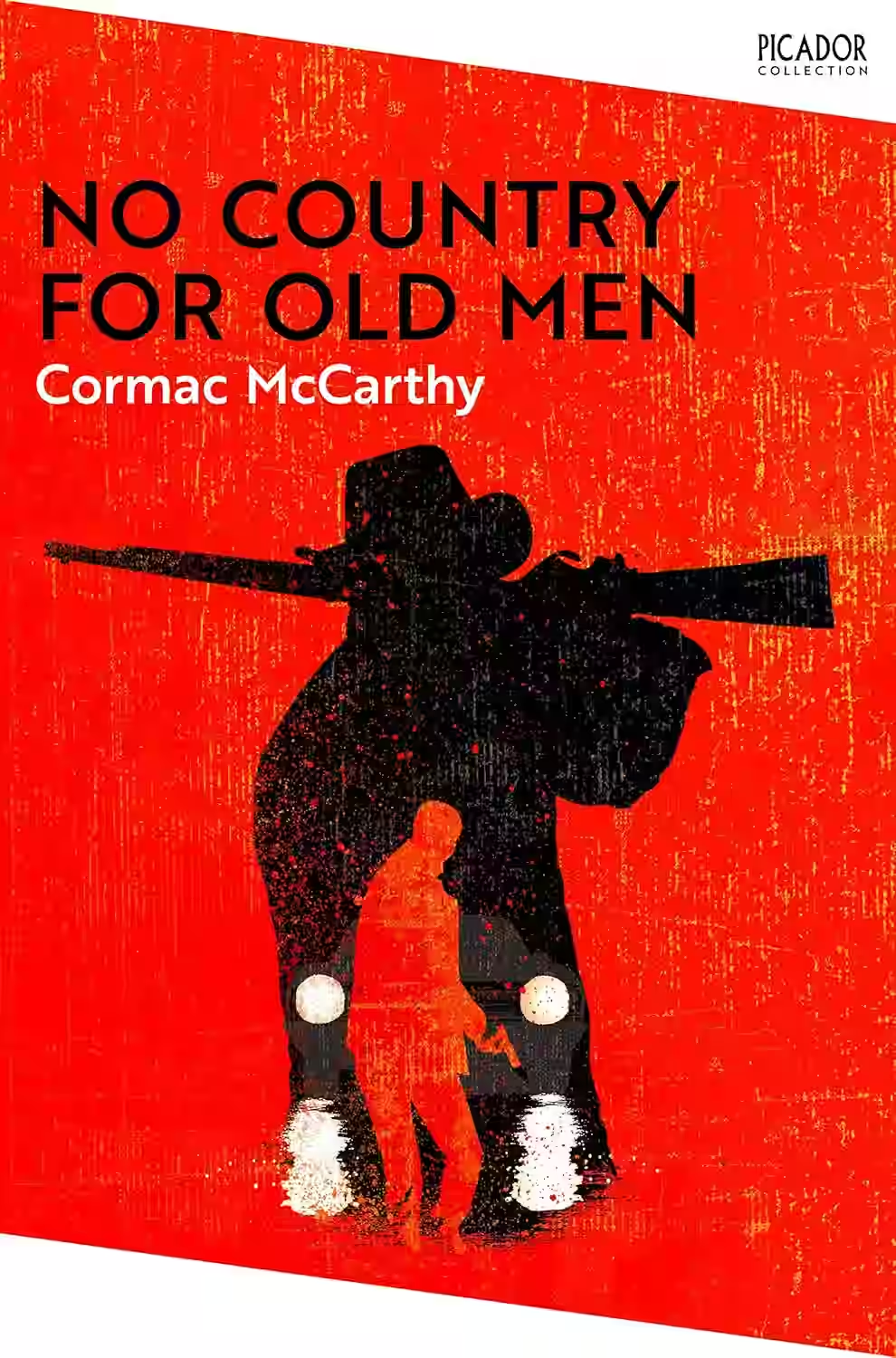
No Country for Old Men
No Country for Old Men by Cormac McCarthy is a stark, violent meditation on fate, morality, and the unraveling of a modern American landscape. Set in 1980s Texas, the novel follows Llewelyn Moss, a hunter who stumbles upon a drug deal gone wrong and takes a suitcase full of money. He becomes the target of Anton Chigurh, a cold, remorseless killer with a twisted code of ethics. Sheriff Ed Tom Bell, haunted by the past, attempts to bring order amid the chaos. With sparse, powerful prose and existential weight, McCarthy crafts a gripping tale of justice in a world losing its grip on meaning.
Similar Books
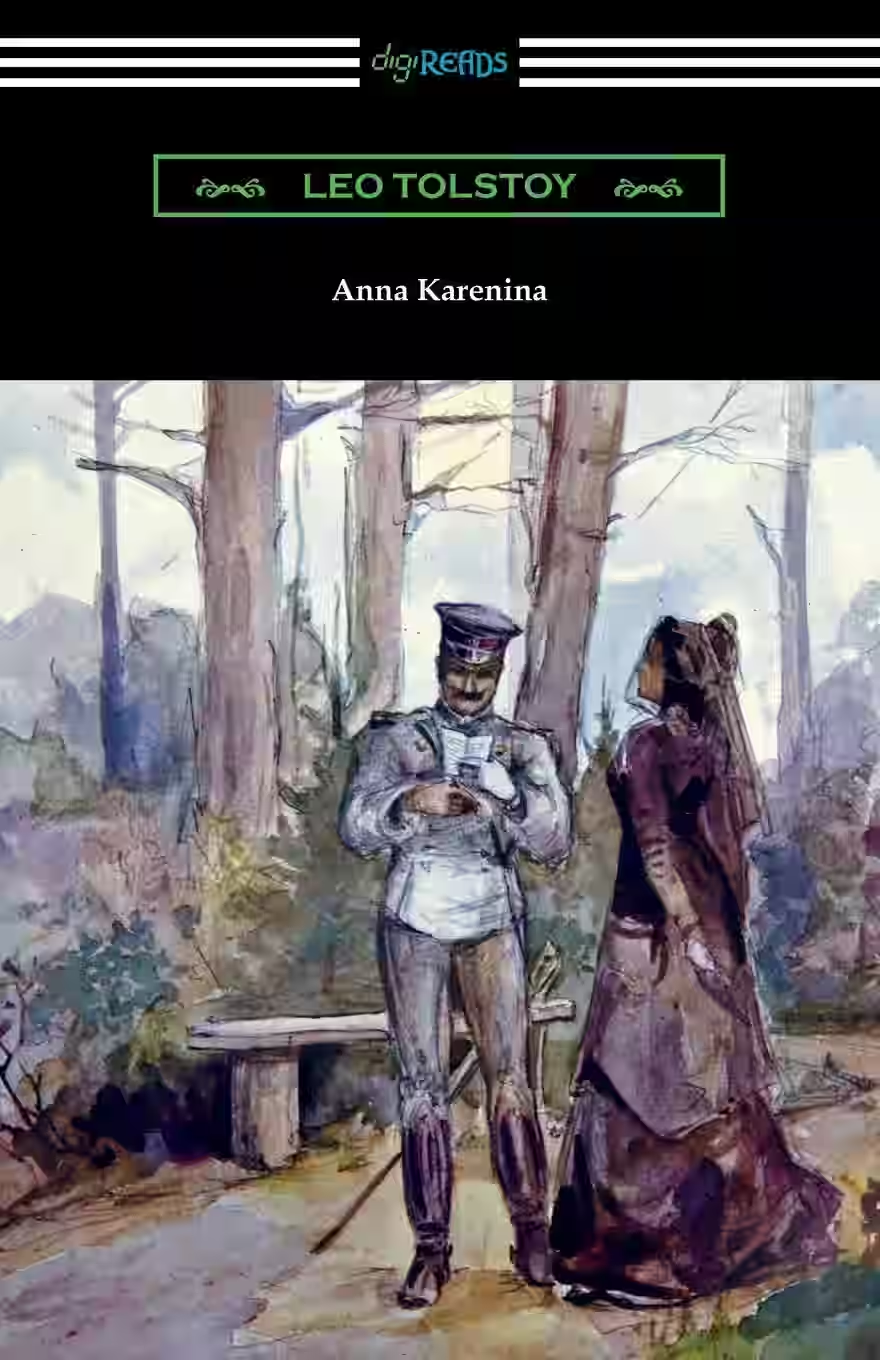
Anna Karenina
by Leo Tolstoy
Acclaimed by many as the world's greatest novel, Anna Karenina provides a vast panorama of contemporary life in Russia and of humanity in general. In it Tolstoy uses his intense imaginative insight to create some of the most memorable characters in all of literature. Anna is a sophisticated woman who abandons her empty existence as the wife of Karenin and turns to Count Vronsky to fulfil her passionate nature - with tragic consequences. Levin is a reflection of Tolstoy himself, often expressing the author's own views and convictions.
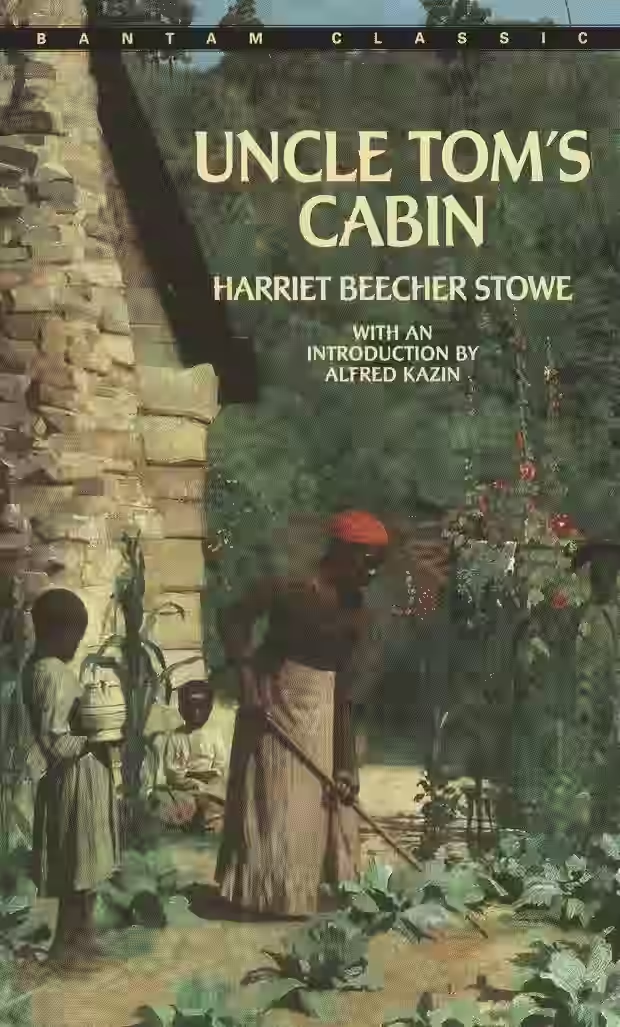
Uncle Tom’s Cabin
A landmark anti-slavery novel, Uncle Tom’s Cabin tells the story of enslaved man Tom and the brutal realities of slavery in 19th-century America. With vivid characters and emotional power, it galvanized abolitionist movements and shaped public opinion like no other book of its time. Though controversial for its portrayals today, it remains a pivotal work in American literature and history, sparking empathy and national debate.
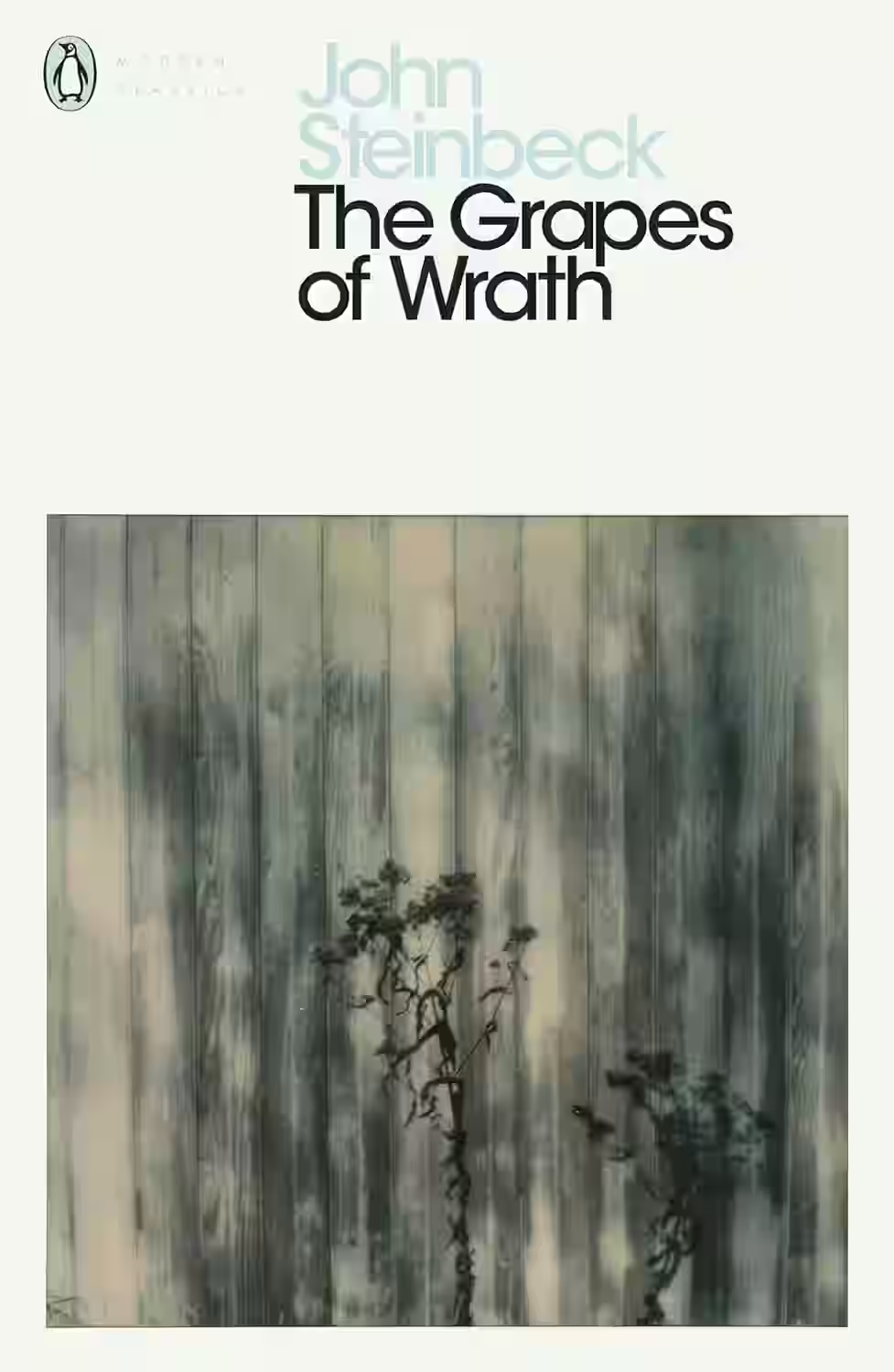
The Grapes of Wrath
Shocking and controversial when it was first published in 1939, Steinbeck's Pulitzer prize-winning epic remains his undisputed masterpiece. Set against the background of dust bowl Oklahoma and Californian migrant life, it tells of the Joad family, who, like thousands of others, are forced to travel West in search of the promised land. Their story is one of false hopes, thwarted desires and broken dreams, yet out of their suffering Steinbeck created a drama that is intensely human, yet majestic in its scale and moral vision; an eloquent tribute to the endurance and dignity of the human spirit.
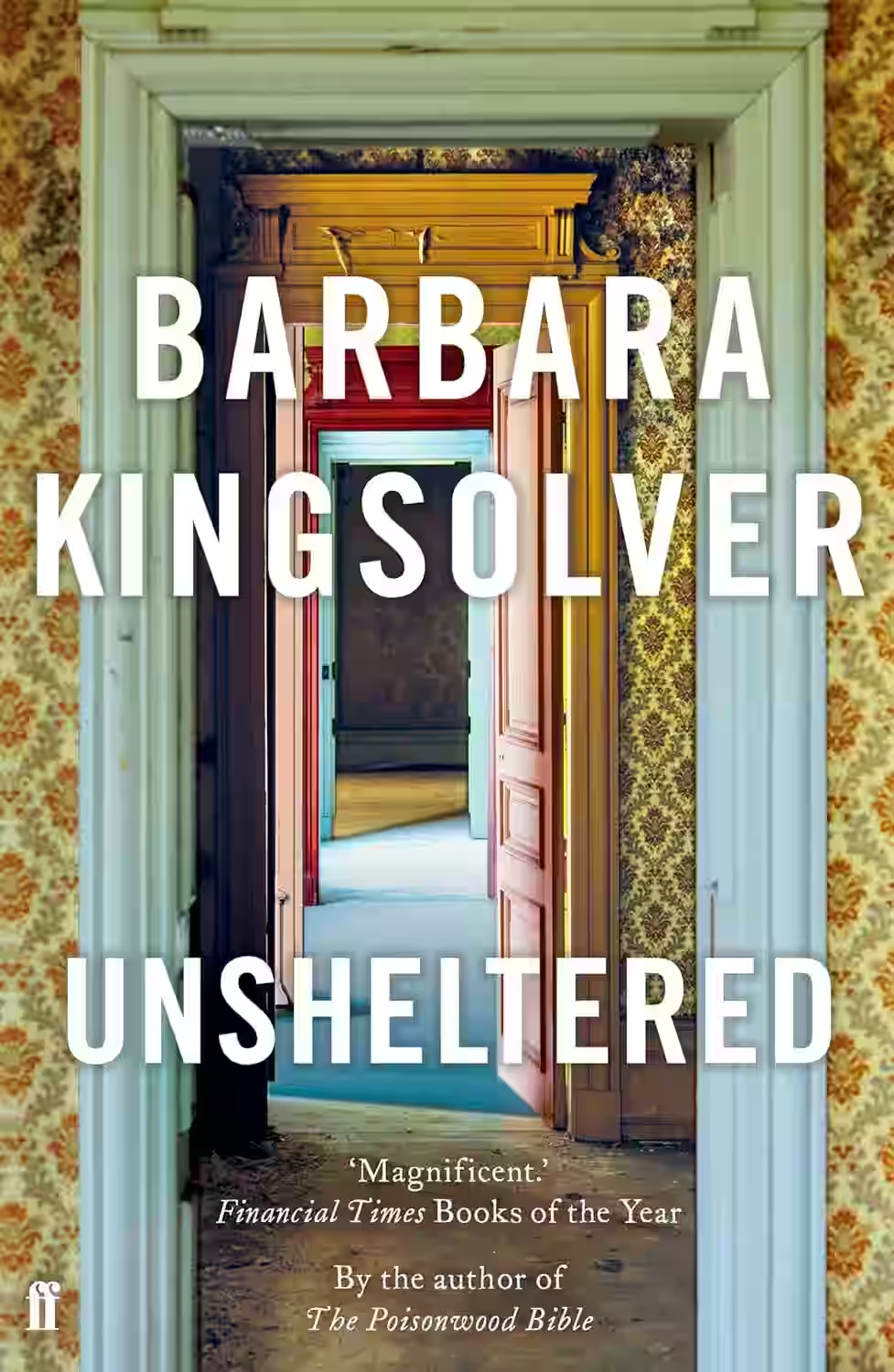
Unsheltered
Barbara Kingsolver’s 'Unsheltered' weaves a compelling narrative that delves into the volatility and uncertainty of human existence through a dual timeframe approach. Set in the same New Jersey house in the 19th century and the present day, the story follows two families grappling with socio-economic upheavals, challenging relationships, and evolving societal values. Kingsolver expertly intertwines historical and contemporary anxieties, exploring themes of resilience, adaptation, and what it means to live without a firm foundation. The novel's insightful parallel between climate change and societal change invites readers to reflect deeply on their own worlds. Kingsolver's crisp, vivid prose and meticulous character development create an immersive experience, making 'Unsheltered' both thought-provoking and emotionally resonant.